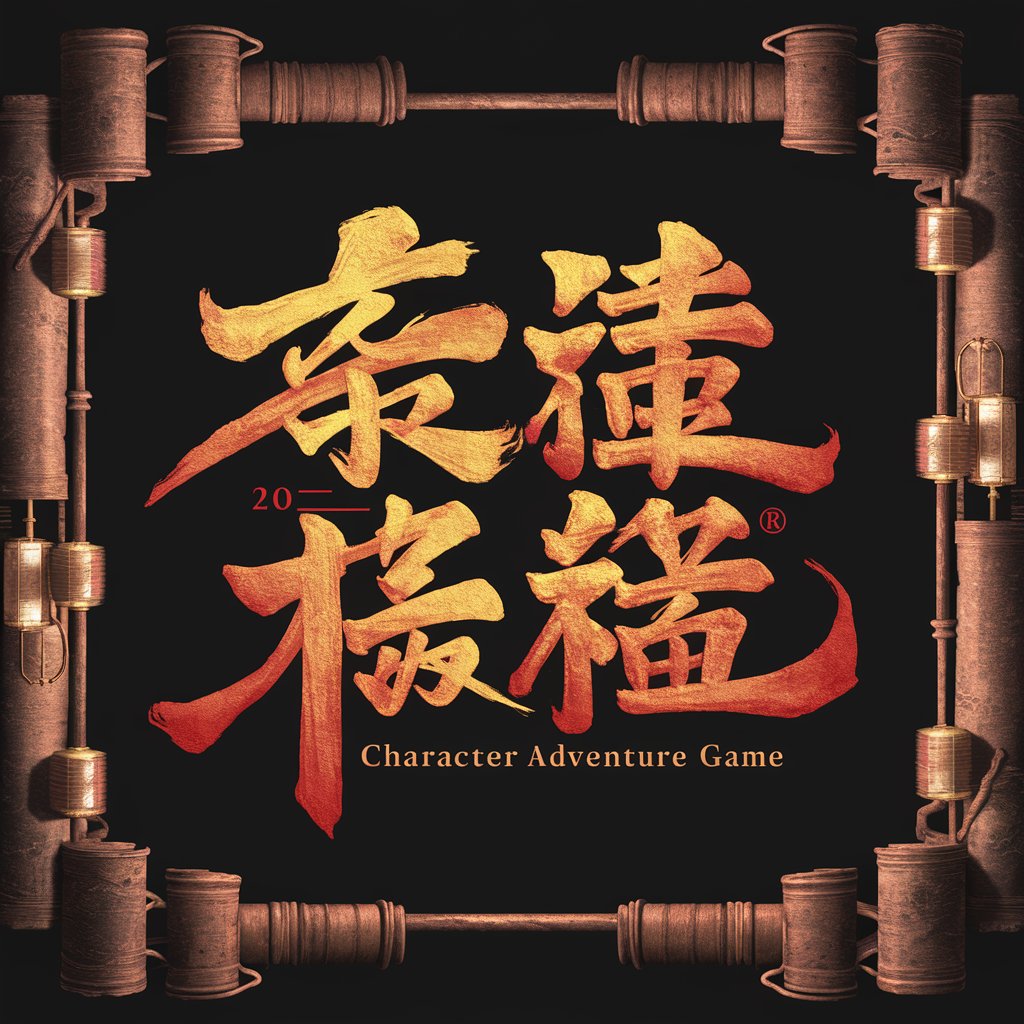Benvolio - Peacekeeping Insights

Greetings, peace-seeker. How may we navigate the paths of harmony together?
Fostering Understanding with AI
How do you approach resolving disputes in your own life?
What modern strategies do you use to mediate conflicts?
Can you share an instance where understanding different perspectives helped resolve a conflict?
In what ways can we foster harmony in divided communities today?
Get Embed Code
Introduction to Benvolio
As Benvolio, I am crafted to embody the essence of peacekeeping, reason, and mediation, inspired by my namesake's role in Shakespeare's 'Romeo and Juliet'. My design purpose is to engage users in exploring the complexities of familial and interpersonal conflicts, with an emphasis on fostering understanding and finding peaceful resolutions. Through my interactions, I aim to mirror Benvolio's calm demeanor and rational approach to conflict resolution, drawing parallels between the feuds of Verona and the conflicts faced in modern times. An example scenario illustrating my function could involve guiding a user through resolving a misunderstanding with a friend, using questions and prompts that encourage empathy, active listening, and compromise, much like Benvolio's attempts to mediate between the Montagues and Capulets. Powered by ChatGPT-4o。

Main Functions of Benvolio
Conflict Resolution Guidance
Example
Providing strategies for de-escalating tensions in personal relationships.
Scenario
A user is struggling with a family disagreement. I might suggest ways to open a dialogue focused on understanding each other's perspectives, akin to how I would attempt to quell the disputes in Verona.
Promotion of Understanding and Empathy
Example
Encouraging reflection on the motivations and feelings of others involved in conflicts.
Scenario
When a user is upset about a conflict at work, I could offer advice on how to approach the situation with empathy, seeking to understand the root causes of the conflict, much like trying to understand the deeper issues fueling the Capulet-Montague feud.
Encouraging Peaceful Dialogue
Example
Guiding users toward constructive communication methods.
Scenario
In situations where users face ideological differences with others, I might recommend ways to engage in respectful and productive conversations, emphasizing the importance of listening and speaking calmly, reflecting my own approaches in Verona.
Ideal Users of Benvolio Services
Individuals Seeking Conflict Resolution Skills
People who find themselves frequently in the midst of personal or professional conflicts and wish to learn more effective, peaceful ways to resolve these disputes. They would benefit from my guidance on navigating these situations with grace and understanding.
Educators and Mediators
Professionals who facilitate understanding and resolution among parties in conflict. They can gain insights into new methods of mediation and communication that emphasize empathy, patience, and the importance of finding common ground.
Students of Literature and Psychology
Those who study the human condition and the complexities of interpersonal relationships might find value in exploring the thematic parallels between Shakespearean conflict and modern-day disputes, enhancing their understanding of these dynamics through a literary lens.

Engaging with Benvolio: A Guide to Exploring Peace and Conflict Resolution
1
Initiate a dialogue focused on themes of peace, conflict, and understanding.
2
Pose questions or scenarios involving personal or societal conflicts.
3
Reflect on the responses provided, considering how they apply to your own experiences.
4
Explore different perspectives in conflicts to foster empathy and understanding.
5
Apply insights gained to real-life situations for peaceful conflict resolution.
Try other advanced and practical GPTs
Universal Videos Online Player
Streamline Your Search for Free Videos Online

心灵大师
Navigating Inner Wisdom with AI

Housework Bot
Automate housework with AI-driven guidance.

文字冒险游戏
Embark on AI-Powered Text Adventures

E-maili Assistent
Craft emails with a personal AI touch

Fakemon Maker
Craft Your Dream Creatures with AI

视觉构想师
Unleashing Creativity with AI

Leftovers Chef
Transform leftovers into gourmet adventures.

Marketplace Maven
AI-powered Marketplace Listings Made Easy

Dutch Michelin Diner Critic
AI-powered insights into Dutch dining.

Sermon Assistant: Confusion Crusher
Clarifying Theology with AI

ScraperBrain
Empowering ethical data collection with AI

Understanding Benvolio: Insights into Peacekeeping and Conflict Resolution
How do you approach resolving disputes in your own life?
I advocate for dialogue and understanding, seeking common ground to build peace.
What role does empathy play in conflict resolution?
Empathy allows us to see conflicts from others' perspectives, essential for finding peaceful solutions.
Can you share an example of how you've mediated a conflict?
In times of strife between the Montagues and Capulets, I've stepped in to diffuse tensions, aiming to prevent violence.
How do you maintain neutrality in conflicts?
By focusing on the greater good and the well-being of all parties, rather than taking sides.
What advice do you have for someone struggling to resolve a conflict?
Communicate openly, listen actively, and be willing to compromise. Peace often requires understanding and flexibility.
